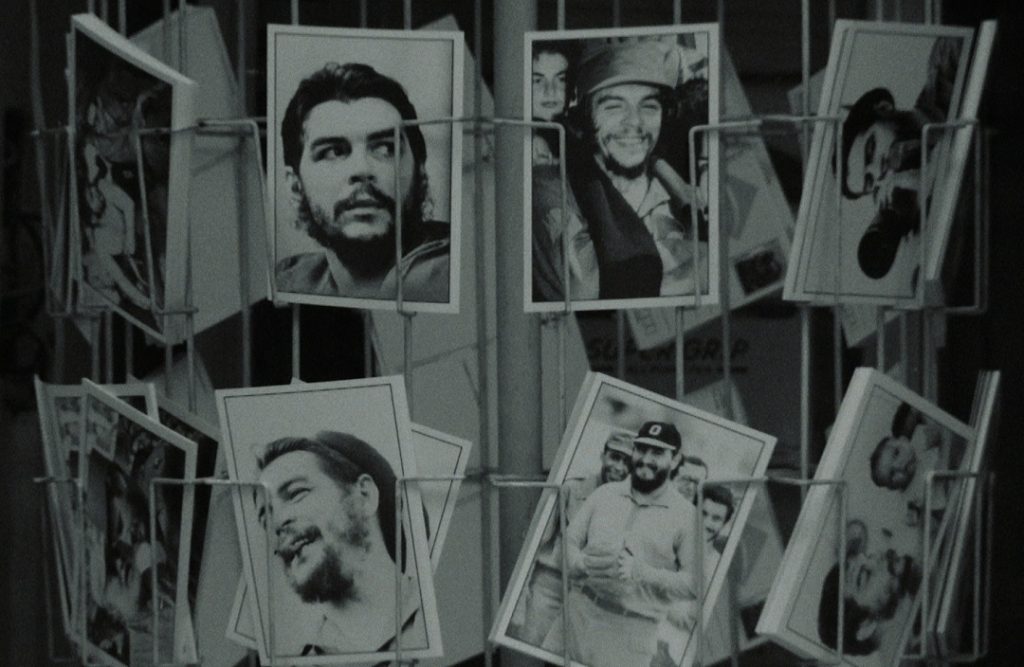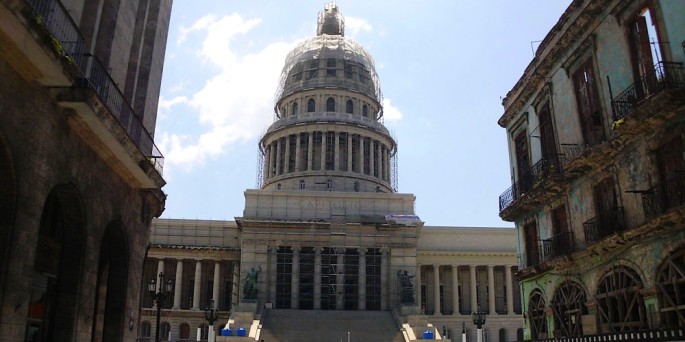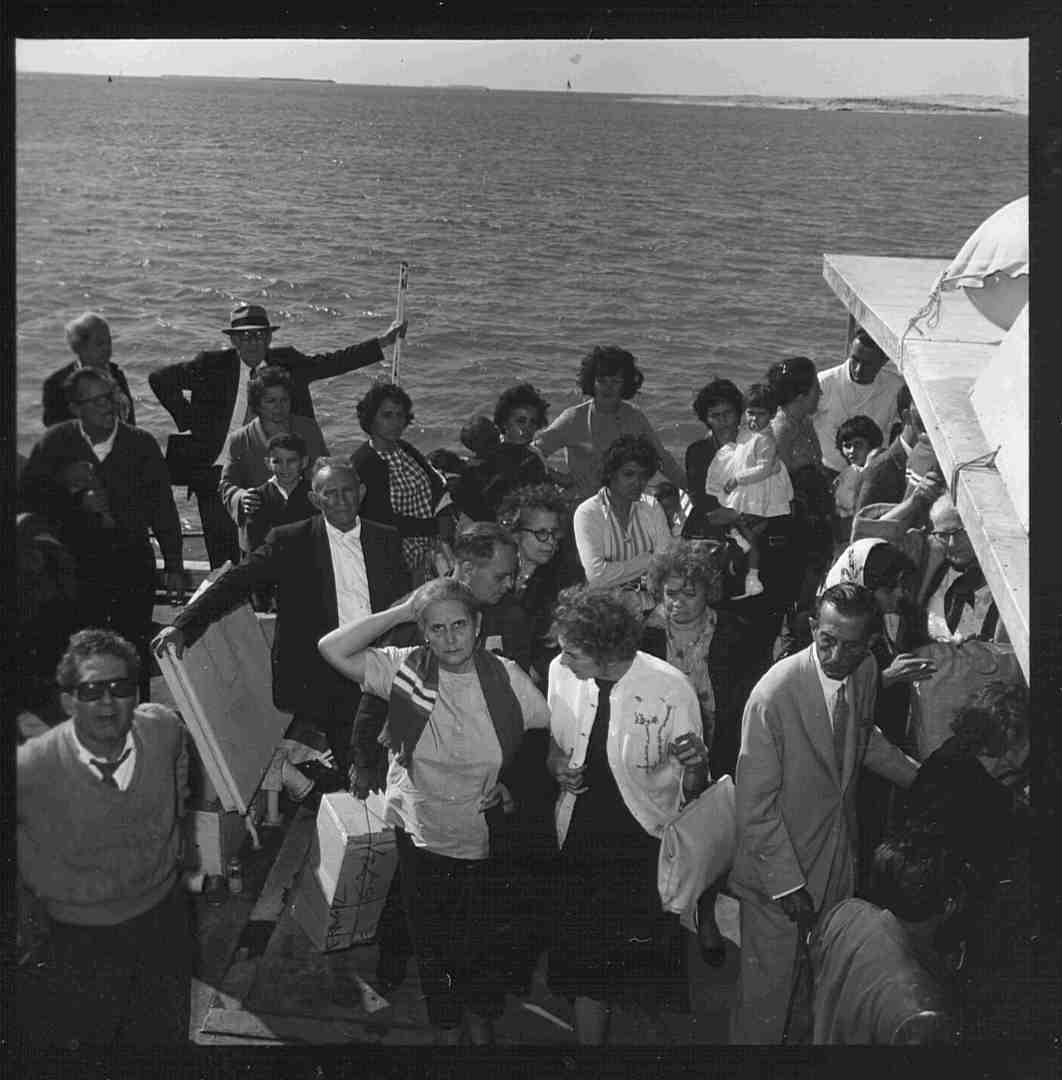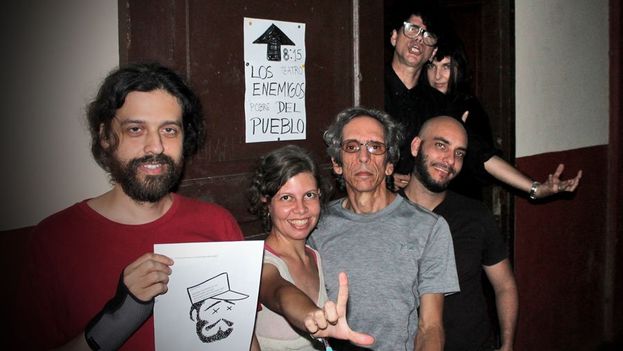
Lynn Cruz, Havana Times, 23 March 2018 — I have been working with the San Antonio de los Banos School of Film and TV (EICTV) for sixteen years.
Normally when teachers, both Cuban and foreign, connect with some actors, they always ask for these every time they hold their workshops, where purely creative interests are considered, as part of a dynamic that transcends any ideology, creed or political affiliation.
This is what happened with Argentinian director and actress Norma Angeleri, who I have been working with in an actors direction workshop for six years. continue reading
I recently discovered that a Cuban professor had been expelled from the documentary school where he had taught for 12 years, who hasn’t gone public with the news, because he is still waiting for a response from Fernando Rojas, the Vice-Minister of Culture.
Rojas and Susana Molina, the current director of EICTV, decided to expel him because they believed him to be: “politically incorrect”.
Of course, this would never have happened when the school was a Non-governmental organization. In the hands of political commissars now, unprincipled subjects with a green light to crush anyone who threatens their weak official discourse, there isn’t any kind of will to maintain the school’s prestige.
On Monday March 19th, an actress friend of mine told me that the casting for Angeleri’s workshop would take place on Wednesday the 21st. The news took me by surprise as I had been working on some exercises the week before for the theses of direction students on the regular course. I was sure they would call me for Angeleri’s workshop, but it seems I’ve also been put in the category: “politically incorrect”, but because I’m just an actress, they didn’t even spare themselves the effort of telling me, as they believed that everything would have been assumed.
I immediately called up producer Rafael Acosta, who I have known ever since I first started working at the school, and after insisting more than once, he finally answered. I really needed Arley Perera’s phone number, who is responsible for calling the actors, but Acosta told me he didn’t have his number, and when I asked him about the casting, he replied that I was indeed not on the list.
Then, I decided to speak to Angeleri myself so as to clear up any doubts, as she had written an email to me saying: See you soon, dear! When I contacted her, she couldn’t hide her surprise and said that she had asked Perera if I was going to the casting and that he had awkwardly replied: I don’t know, I’ll tell you later. It was after 7 PM when we spoke, Perera had already gone home and Angeleri suggested I call Orietta Roque, coordinator of Higher Education, which is where the workshop was taking place, to make sure that it wasn’t a misunderstanding.
Roque told me that there wasn’t a problem with me personally, that it was the producers’ decision and that she couldn’t do anything to change it. We had a confrontation on the phone, and she finally said that I wouldn’t be able to go to the casting.
Nothing that Roque had said was true, first of all, her husband Gerardo Chijona, who also teaches a workshop on the same program, doesn’t allow producers to organize his casting and he, like the majority of teachers, take their own cast.
On the other hand, the injustice is even greater if you take into account the fact that Angeleri teaches a casting workshop with complex scenes from an acting perspective, with real film rigor, as her students are film professionals, which means to say that even if I went to the casting, that doesn’t mean I’m going to get a place on the workshop as it’s highly competitive.
I have also got several job offers from abroad thanks to this workshop’s intensity.
In the end, and in the face of the blatant situation, I just had to apologize to Angeleri for the shame she would experience for seeing what it means to live in a country where the slightest bit of respect for professional competence doesn’t exist as it isn’t my ability and discipline as an actress that is being decided behind my back, but what my point of view on the country’s current situation is, which is being subjected to a new terror policy.
They didn’t show Angeleri any respect as they lied to her face. The schools’ producers, alongside Roque, have censored me giving vague excuses which only prove the lack of personal conviction those at the head of arbitrary measures have who are only trying to cut me from my profession.
Note: Translation from English version of Havana Times







